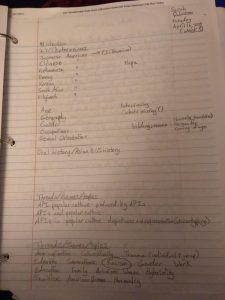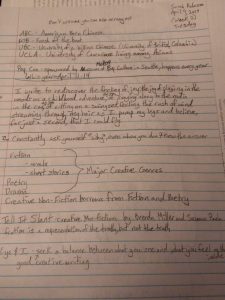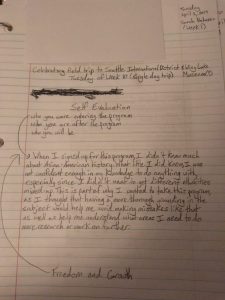Railroad Standard Time
- “Words I’d never heard before set me at play in familiar scenes new to me, and ancient.” (pg 1) I thought this was a very powerful way to describe the experience of listening to his mother’s Chinese. Even though I’ve never had this kind of experience, the language used helps me understand what it might feel like to be confronted with something that you know is a large part of your family’s history and culture and be unable to understand it the way they do.
- “So this dance and groggy mumbling about the watch being no good, in strange English, like an Indian medicine man in a movie.” (pg 2) Why did she start acting funny when he asked her what her father’s name was? And what did that have to do with the watch being “no good”? She said something about her father’s name being “one of those Chinese names…” (pg 2), so was she thinking that the watch didn’t have value because her father was Chinese or something like that?



